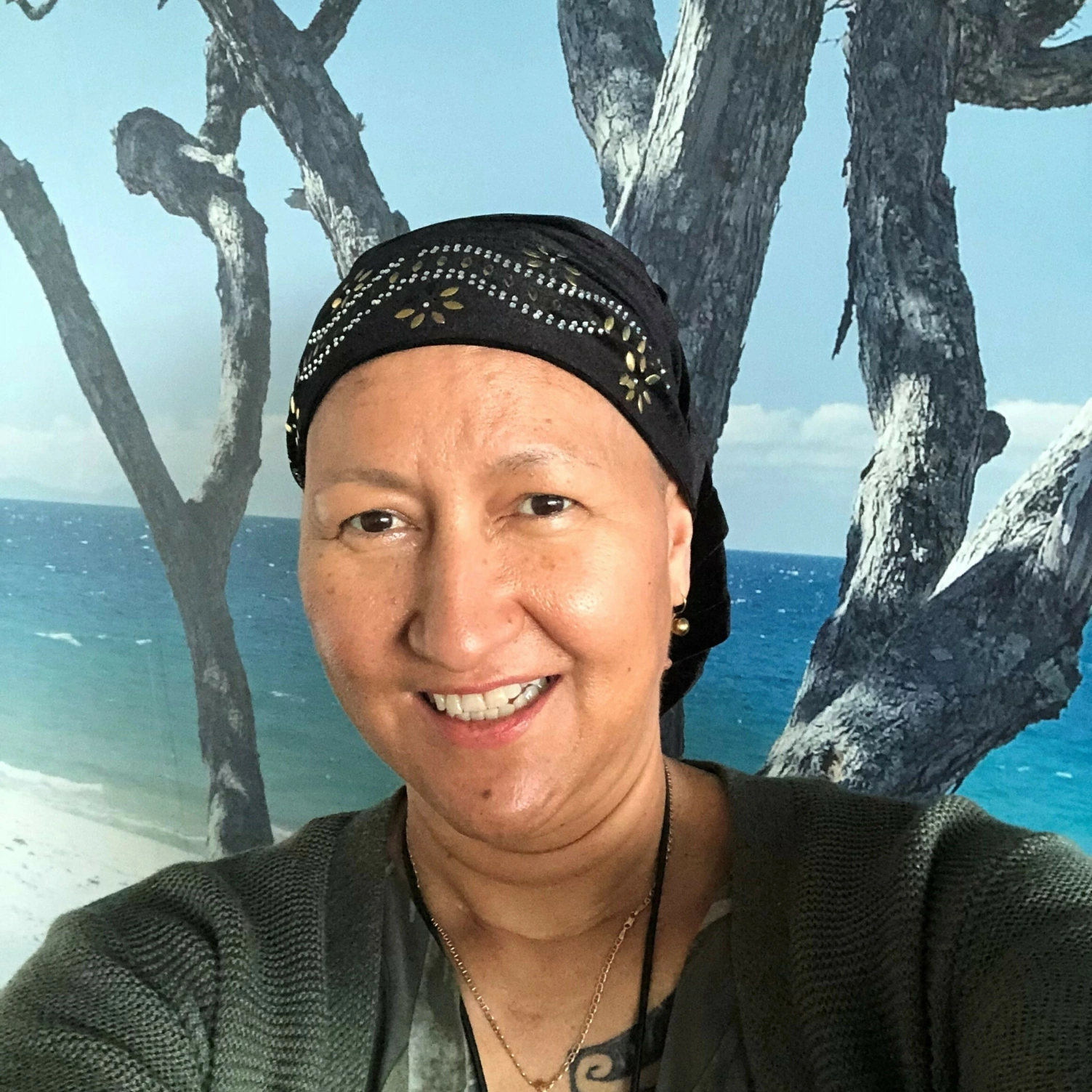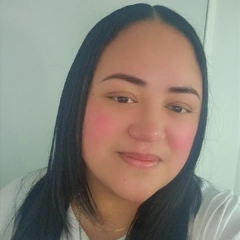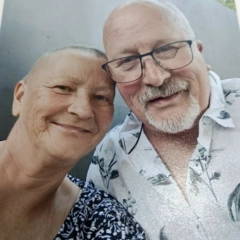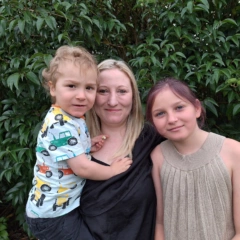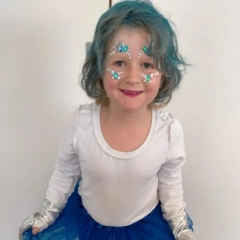I can work with this
In 2020, Tokoroa-based primary school teacher Vonda was adjusting to a whole new way of life amidst the COVID-19 pandemic.
After months of delivering lessons online, school finally opened again, and the teachers were encouraged to focus on the children’s wellbeing. The school recommended they use Te Whare Tapa Whā, a Māori model of health Vonda had first learned about in the 1980s. The model considers four pillars of wellbeing: Taha tinana (physical), Taha wairua (spiritual), Taha hinengaro (mental and emotional), and Taha whānau (family and social).
Every day, Vonda checked in with the children to see what they’d been doing to support each of these areas. But at the same time, Vonda’s own wellbeing was slipping.
She’d had a spider bite on her hand that wouldn’t heal, so she made an appointment to see her GP. “I went to the doctor the next day. For some reason, I lost my breath walking up from the car park. I slumped over the counter.” After initially being told to go home and take some Panadol, Vonda was asked to come back in to have some blood tests. “Three hours later, they called and told me it was terminal. They said, ‘You need to get to the hospital – now.’”
At the hospital, the healthcare team explained to her that she had acute myeloid leukaemia (AML) and needed to start treatment immediately. “I said, ‘Nah, I need to go home. I’ve got a son, a job... I’ve got rent to pay.’”
“They said, ‘If you go home, Vonda, you’ll be dead in 72 hours.’”
After a week of chemotherapy, Vonda was struggling. “I started to feel my strength fading away... I had a bit of a breakdown.”
Vonda was given a mental health assessment form to fill out, and she noticed that it was split into the four headings of Te Whare Tapa Whā. “When I saw that, I was like, ‘Oh my gosh, this is what I’ve been talking to the kids about. I can work with this!’”
Vonda realised she could use this model to communicate with her doctors. She asked to have two big pieces of paper brought to her, and immediately got to work.
“I wrote down all the things that were really bothering me and I put them into those categories. I labelled it ‘Vonda’s Treatment Plan’ and put it on the wall. The next morning, the doctor came in and he looked at the poster and said, ‘Vonda, how are you feeling spiritually today?’”
“It moved mountains for me, that model did. I utilised that model to negotiate my wellbeing.”
Another great help to Vonda was the support she received from LBC throughout her journey. She received one-to-one support from LBC Support Services Coordinator Sharon and was provided with petrol and grocery vouchers along the way to help ease some of the financial burden of her diagnosis.
After three rounds of chemotherapy and a stem cell transplant, Vonda is now in remission. She’s about to head to the World Indigenous Cancer Conference in Australia to present on the use of Te Whare Tapa Whā in hospital settings. And she’s set up her own business as a holistic wellbeing facilitator.
“My dream is that there is a Te Whare Tapa Whā poster in every room in every hospital. That poster saved my life.”
Fast facts: Acute myeloid leukaemia (AML)
- There are approximately 140 diagnoses of AML in NZ each year.
- AML is an acute leukaemia that develops very quickly and requires immediate treatment.
- AML is a cancer of the myeloid blood cells.
